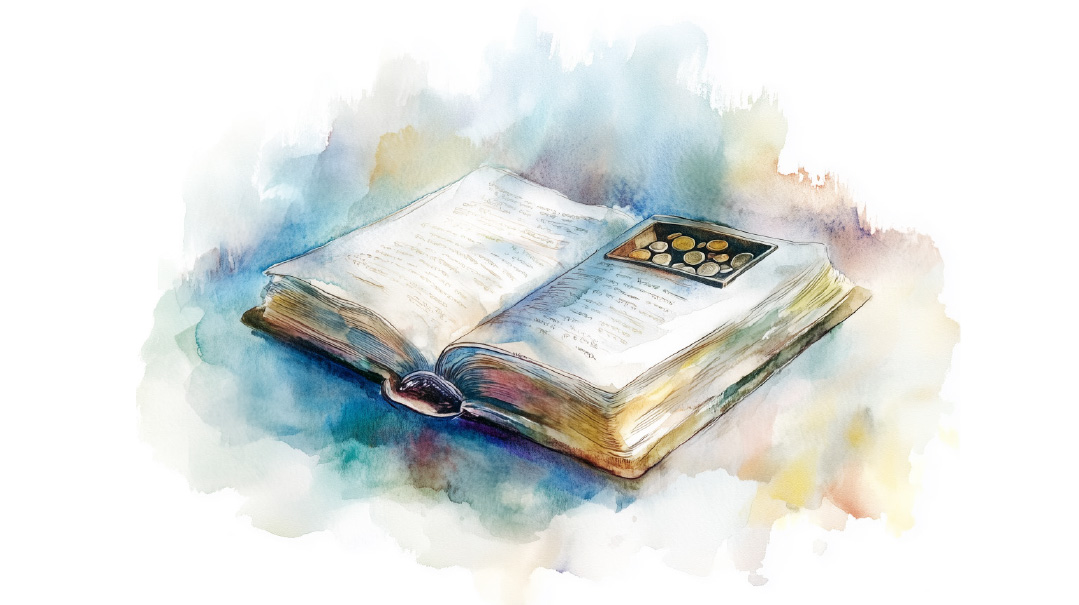Good Mourning and Bad Mourning

Even if you are not a sports fan, keep reading, because this might speak to you
With baseball now in full swing (well, in partial swing) and football considering a kickoff in a few weeks, here is a sports-grounded change of pace for all the pandemic-saturated readers of this column. Even if you are not a sports fan, keep reading, because this might speak to you.
There were only 15 minutes left in the game, and the Atlanta Falcons football team held a commanding 19-point lead over their hated rivals from Boston, the powerful, unbeatable Patriots. Atlanta was only minutes away from the pinnacle of the football world, a Super Bowl victory. And then football lightning struck: 15 minutes later, the Patriots had defeated the Falcons, 34 to 28.
No one can explain what happened. To this day there are postmortems and what-ifs and might-have-beens and finger-pointing at the coaches and players. Just last month an Atlanta Journal column reopened the entire painful episode.
To this day, yes. But the loss happened three years ago, in 2017, surely enough time to get over it. Granted, they lost an important game, but it was only a game. Even for the loss of a human being, mourning has a limit. Life must go on.
Ah, but for a sports fan, there is no such thing as “only a game.” One’s entire identity, one’s dreams and hopes and aspirations are umbilically entwined with the home team. The team represents me, my beloved hometown, and I identify with its players. Never mind that many of them are greedy, animalistic, selfish. They not only represent me; they are me. Their success is my success, their failure my failure. And when they — we — keep losing crucial games, my town becomes known as Losersville. This is humiliating.
Similar things happen in politics. When Donald Trump was elected president, we witnessed grief and mourning rarely seen in American politics. The sense of loss was manifest in the media, on university campuses, among celebrities. The deplorables had won. That was four years ago, and these mourners are still mourning, call themselves “the Resistance,” and their sense of loss remains undiminished, their lust for revenge palpable.
We Jews are not strangers to loss. We are the world’s deepest mourners, but our mourning is not frivolous. On Tishah B’ Av we sit on the floor or on low stools, as mourners do, and we recite Lamentations and kinnos for the loss of the Beis Hamikdash 2,000 years ago. We know what to mourn for. The Beis Hamikdash represented the essence of Judaism, our avenue to G-d, our ability to connect to Him, the place where G-d’s Shechinah resided on earth. Its destruction marked the beginning of our millennia-long galus. Some events are worthy of mourning, hardly to be uttered in the same breath as the loss of a football game.
Sometimes, in a dark mood, I wonder if more Jews mourn the losses of their home team than mourn the loss of the Beis Hamikdash. I know people who are such avid devotees of their hometown baseball team that they suffer a twinge of pain whenever they lose a game. They go through the day somewhat discontented, a bit querulous — how much more so if their team goes into a losing streak of several days, which is inevitable for any team. When you consider that even the best baseball teams will lose 40 or 50 games during a regular 162-game season, that is a lot of suffering for die-hard aficionados even of the best teams. Forty days of loss twinges. I know whereof I speak.
The truncated baseball season is just beginning, its games running into October and the World Series. My home team did very well last year, but collapsed in the playoffs. As an interested spectator, I confess to a rare football twinge, but whereas football twinging is mercifully limited to 16 games, baseball, with its daily, six-month grind, is much more challenging. This season I will be working toward reducing that twinge to just a tweak, and then to a pinch of pain, then to barely a nip. In a few seasons, if I am patient and work hard, I should be more or less pain free.
May G-d comfort all the genuine mourners, and may He grant faux mourners the good sense to try to validate themselves by other means, such as, for example, by striving to connect with higher values, by deeper immersion in Torah learning, mitzvos, tzedakah, and chesed. These are guaranteed to offer no twinges of pain, but only sensations of joy and fulfillment. After all, a person is judged by what pains him and by what he mourns.
We are working on it.
(Originally featured in Mishpacha, Issue 822)
Oops! We could not locate your form.







